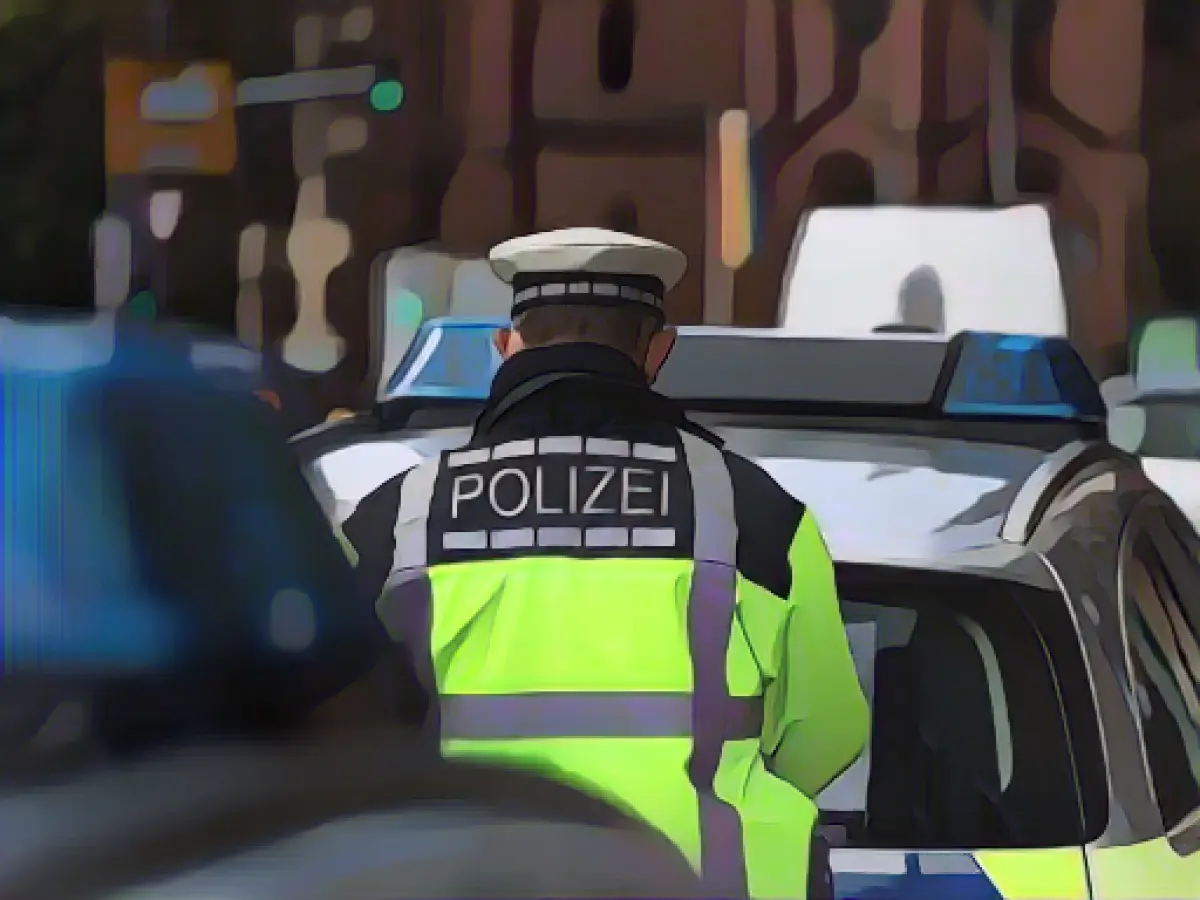In the northern parts of Hesse, authorities are cracking down on registrations violations involving foreign-plated vehicles. Cops and customs officials are joining forces to put a stop to this growing trend of foreign-registered vehicles lingering in the region for extended periods, despite their users having a permanent residence in Germany. On a recent patrol in Kassel, more than 60 vehicles were caught breaking the rules. Other transgressions, such as illegal drug use, insurance violations, and driving under the influence, were also penalized during these checks [1].
The justification for utilizing vehicles with foreign registrations within Germany varies, as noted by the officials. Low vehicle tax and insurance costs are common motivators, alongside non-compliance with local registration regulations [2]. Additionally, determining whether foreign-registered vehicles are properly insured necessitates increased effort and resources. If the insurance coverage has expired, resulting in a traffic mishap, it may leave the other party liable for the costs [1].
In light of these violations, authorities have announced plans to enhance traffic checks in northern Hesse. The concentration of foreign-plated vehicles in the area has led to concerns about traffic safety and crime, with unpaid traffic fines and undetected criminal activities like drugs and driving under the influence being particularly worrying issues [1].
To combat this issue, local authorities can enforce stricter registration requirements, increase the frequency of vehicle inspections, embrace technology for better tracking, educate residents through public awareness campaigns, and collaborate with neighboring law enforcement agencies [2]. By imposing hefty fines, points on the driver's license, and potential driving bans for repeated offenses, officials can deter unregistered vehicle use and promote compliance [1].
Non-compliance with registration requirements can result in several negative consequences. These include increased traffic safety risks, as unregistered vehicles may lack essential safety features, unregistered vehicles being implicated in hit-and-run incidents, hindrance to law enforcement in identifying and prosecuting criminal activities, economic losses, and an erosion of public trust [2]. By addressing long-term registration violations of foreign-plated vehicles, authorities can ensure safer roads, reduce criminal activities, and uphold the integrity of the automotive market.








